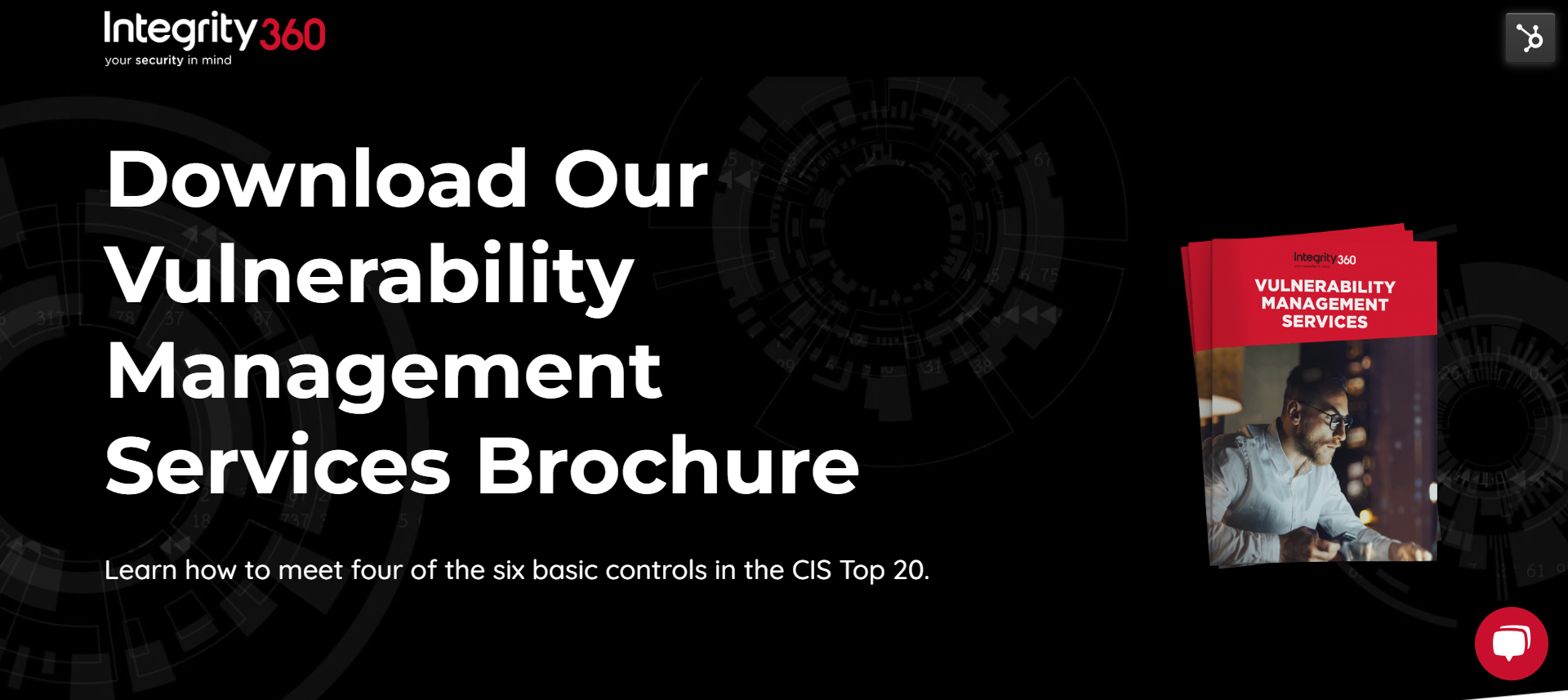Every business today faces a flood of online weaknesses that can be a problem. Spotting these issues, reacting fast, and stopping new ones from popping up is a big task. Vulnerability management helps companies tackle these challenges head-on. In this blog we look at seven of the challenges Vulnerability Management services tackle.
1. Addressing the Evolving Cyber Threat Landscape
The online world is getting more complex with increasing threats. Bad actors are using clever methods and new tools to find weak spots. Vulnerability management helps businesses spot these weak areas. But it's not just about finding them; it's about knowing how these weak points fit in the bigger picture of online threats.
Vulnerability management services help businesses not only find the weak spots but also help you understand them in the wider context to your business. These services offer tools and expertise so businesses can prepare and act ahead of time. With their help, businesses can tackle problems before they start, instead of just dealing with them after they happen.
2. Ensuring Regulatory Compliance
Vulnerability Management services can help a business meet compliance standards by helping them demonstrate that they take cyber security seriously and are taking action to reduce the risks. They help integrate the following practices:
Regular Vulnerability Checks: By frequently scanning and assessing for vulnerabilities, organisations can identify and tackle security gaps. This not only lowers the risk to their data but ensures they address known weak points effectively.
Setting Clear Vulnerability Guidelines: Creating a vulnerability management policy provides a clear roadmap on handling vulnerabilities. It specifies roles, offers scanning guidelines, and sets out clear remediation steps.
Prioritise by Risk: Focus on vulnerabilities that carry the highest risk and potential impact first. This ensures that critical issues get addressed promptly.
Swift Patch Implementation: After identifying vulnerabilities, it's crucial to apply patches and fixes swiftly. This minimises chances of these gaps being exploited.
Identifying and maintaining assets: Maintain a current list of all digital and physical assets. This ensures every vulnerability gets spotted and addressed.
3. Safeguarding Sensitive Data
Data breaches can have catastrophic ramifications. Beyond the immediate financial implications, they can erode trust built over years. Often, an attacker will exploit a vulnerability to gain access to the sensitive data and unfortunately many organisations have vulnerabilities that could have and should have been patched a long time ago.
Vulnerability management services assist with the protection of data by discovering any vulnerabilities you may have both old and new and to take action to remediate them either through patching or other means. Ensuring that your business is protected with the most up to date patches and updates is an effective way of closing gaps that hackers may exploit, which in turn, protects your sensitive data.
4. Reputation Management
A single cyber security lapse can ruin a company’s image, leading to a loss of customer trust. With social media and instant communication, news of breaches spreads rapidly. Vulnerability management actively mitigates these risks, demonstrating to stakeholders and clients that the business is serious about data protection. Moreover, by showcasing a proactive approach, businesses can strengthen their position as trustworthy entities in the market.
5. Providing Cost-Effective Security Solutions
Cyber security incidents can lead to immense direct and indirect costs. Ransomware payments, loss of business, and post-breach remediation can strain finances. Investing in vulnerability management is a forward-thinking strategy. It's akin to insurance against these potential financial drains, ensuring businesses detect and address vulnerabilities before they escalate into costly incidents. This proactive stance translates into significant long-term savings.
6. Aligning with Business Goals
Modern businesses are intricately linked with their digital operations. As such, any digital vulnerability can directly impact business objectives. Vulnerability management ensures that digital strategies align with business goals without compromising security. By mapping out potential digital threats in line with business expansion or diversification plans, it provides a roadmap for growth without unexpected digital roadblocks.
7. Effective Resource Allocation
Having an expansive in-house security team is a luxury few businesses can afford. Vulnerability management effectively amplifies the capabilities of existing resources. By providing access to top-tier tools, expert insights, and best practices, it allows even limited in-house teams to achieve expansive security outcomes. It’s about optimising what you have and supplementing where needed.
Integrity360 A Partner You Can Trust
Integrity360's commitment to best practices, collaboration, and continuous improvement makes us the ideal choice for your vulnerability management needs. By understanding your environment, designing a tailored strategy, and providing complete visibility, we enable you to enhance your security posture effectively.
Trust Integrity360 to work with you to build a resilient and secure foundation that supports your business's growth and innovation.










